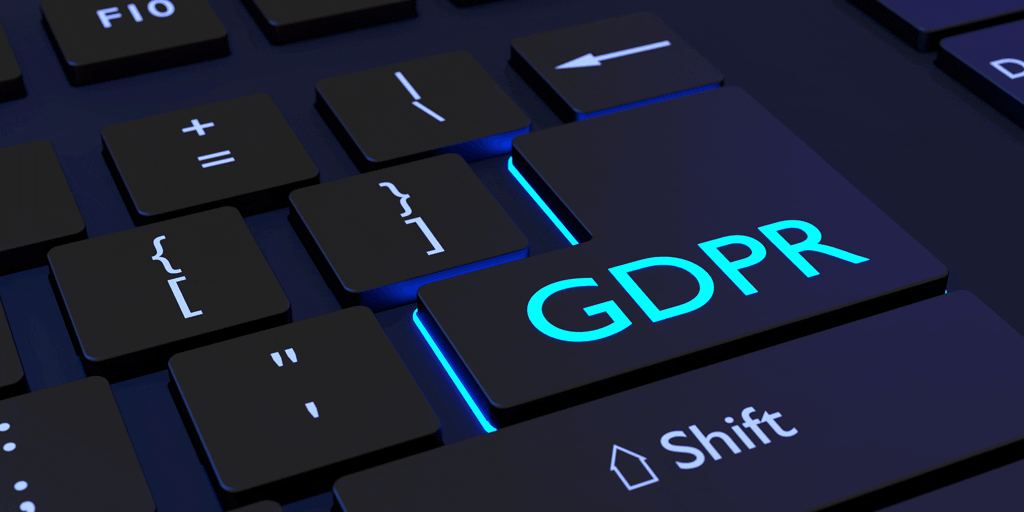Understanding The Difference Between Data Privacy And Data Protection

Ensure your organisation remains compliant with global data protection and privacy laws whilst maintaining robust protections for data security.
Rampant cybercrime and costly data breaches in an increasingly digitised economy necessitate strong, compliant data privacy protection and top-notch data security. What is the difference between data privacy and data protection? How is privacy related to data protection and how can organisations remain compliant?
As global leaders in IT Asset Disposition (ITAD) and pioneers of the Circular Economy in the ITAD industry through reuse and remarketing services for IT assets, Wisetek has the expertise needed to help enterprises maintain data security, which in turn can help organisations adhere to their privacy policy and data protection guidelines.
